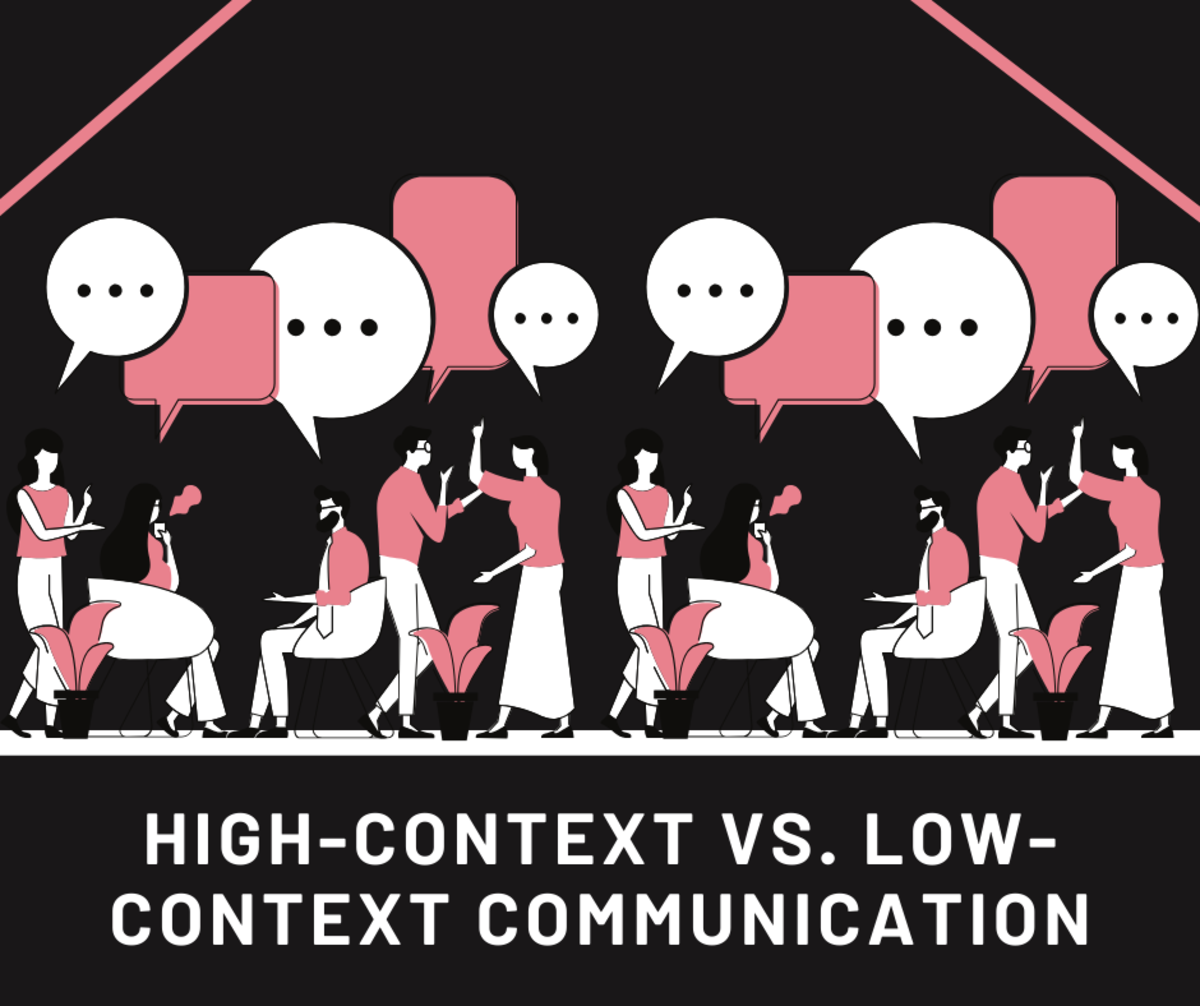National Grid: Inversting in our people

P7 Action: investing in the company's most important asset - its employees.
National Grid: Written by James Dubreze Aug 19/2009
How can an organization adopt an ethical stance in a succession plan that honors the agency's obligations to stakeholders (e.g., citizens, taxpayers, current employees, other agencies)?
For this task I will use a true experience; one in which I’ve suggested a change on promotional tactic to National Grid; which had never been submitted. It appeared on the company newsletter. P7 Action: investing in National Grid most important asset - its employees. National Grid believes without the professionalism of employees, the company wouldn’t be as capable as it is now. I say National Grid is right and I agree absolutely. The company has given recognition to the employees for the company’s success as oppose to Steve Holliday; the executive. They have realized that the company’s success is the result of a bottom up relationship that derived from its vision statement “One Company one way”.
In compliance with national grid; I too believe that an employee can be a great asset to his employer. I believe that all employees are capable; therefore all employees are potential assets; which can bring value to the company they work for as well as its shareholders. However, it is the managers of that company; those closest to the employees who should be held responsible for understanding the employees’ value and worth.
Looking at it from this perspective, we’ve noticed right away that they can be conflict of interest between the manager and the potential skills demonstrated by the employee. This conflict will be the result of virtue ethic; for it is the character of the employee that is in disagreement with the manager, not skill. It is not always common for a manager to promote an employee within a corporation without knowing the scope of the employees potential. It is that same potential that can become a disadvantage for the employee if his skill proves to have had merit. The manager wants to know the career path of the employee; in other to know whether or not the employee’s intention does not conflict with his own career path.
National Grid: Written by James Dubreze Aug 19/2009
To solve any problem dealing with conflict of interest; succession planning has to be dynamic. The employee has to be willing to change location to work among other managers of the same company who are not in direct contact with the previous ones. This would allow the head of the department, or the vice president to better observe the employees progress within different sector of the company. Neither the opinion of the employee or the employee’s success should rest on one group of employers; where there are conflict of interest. Instead different groups of employer deriving from all sort of religion, culture or educational background.
As a marketing manager; if we want to sell a product we need to understand the market as well as demand for the product we wish to sell; otherwise we won’t know it's worth. Likewise, employees are assets to their company. They worth depends on the various skills they have to offer the corporation. Employee’s skills are like the anchor of the chain that hold a boat (a company) steady; without them the boat the company won’t stay still; they market share would fluctuate like a traffic light. Managers should then value their employees improvement and growth; for they all contribute to the corporation’s success. As demonstrated by National Grid; technical training & leadership programs are the key components that help its employees developed into future leaders. In a way, National Grid has utilized a product differentiation strategy to help recognize their employee’s success within the company.
The purpose of differentiating the most productive employee from the least productive is an outcome of product differentiation strategy. In this case, the most capable employee will be recommended for promotion; where this employee will learn other skills which can make him / her into a unique employee. As you can see, it is no different from creating a product that is distinct from the rest. The new skilled employee provide value to the company just like a product provide value to its consumers. National Grid has engaged this strategy because its fulfillment agrees with their vision statement “ONE COMPANY ONE WAY”








